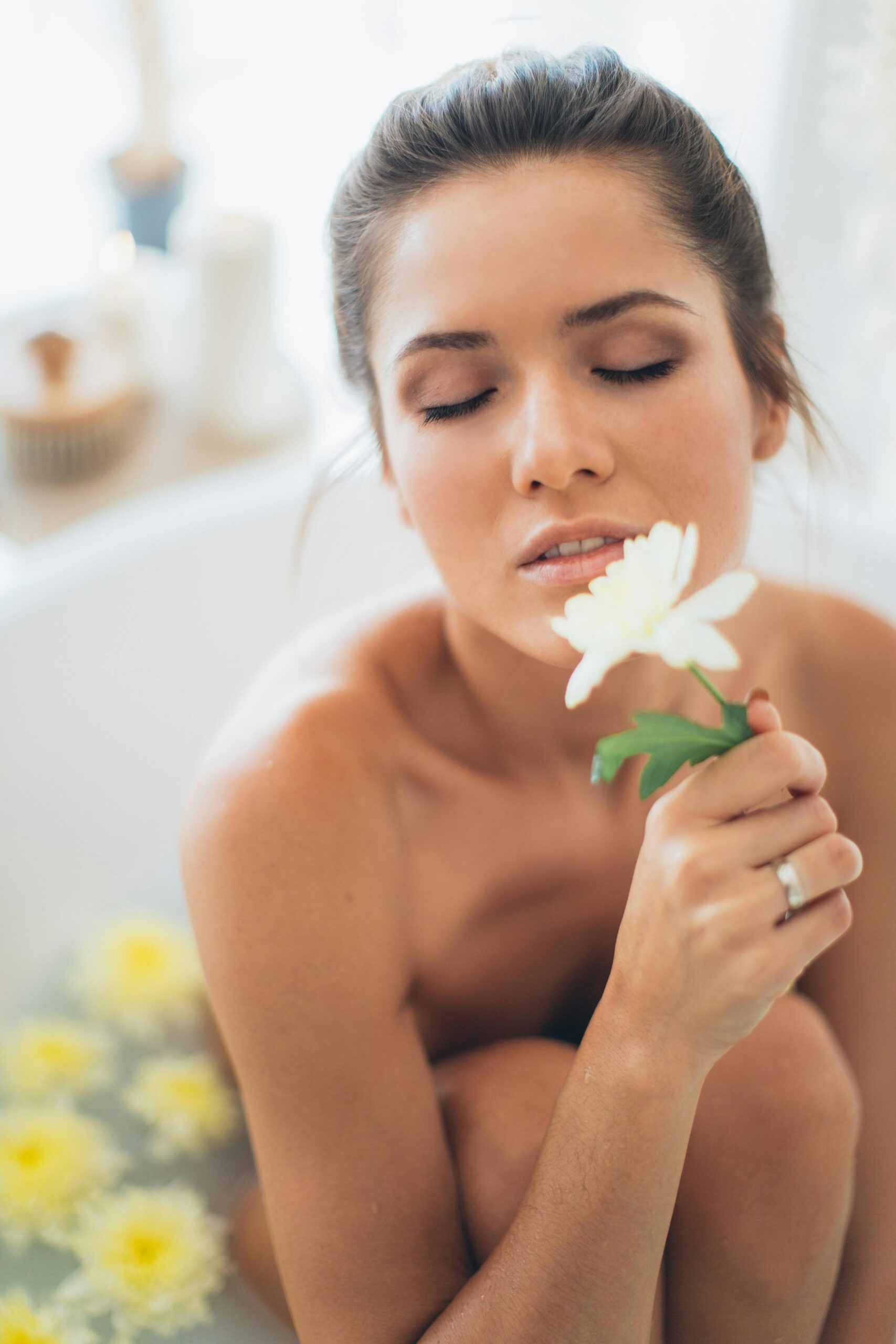Acne and Skin Care: How to Achieve Clear, Healthy Skin Naturally

Acne is one of the most common skin concerns worldwide, affecting people of all ages and skin types. Whether you’re battling stubborn hormonal acne, dealing with teen breakouts, or experiencing adult acne flare-ups, understanding how to care for your skin is essential. In this guide, we’ll explore natural acne treatments, skincare routines for acne-prone skin, and tips for achieving clear, radiant skin.
🔍 What Causes Acne?
Acne occurs when hair follicles become clogged with oil (sebum), dead skin cells, and bacteria. This leads to whiteheads, blackheads, pimples, or even painful cystic acne. Common triggers include:
-
Hormonal changes
-
Excess oil production
-
Poor diet and stress
-
Inadequate skin hygiene
-
Harsh or unsuitable skincare products
Understanding these factors is the first step toward creating an effective acne skincare routine.
🧴 Best Skincare Routine for Acne-Prone Skin
Creating a consistent skincare routine is one of the most effective ways to manage and reduce breakouts. Here’s a simple yet powerful acne-fighting skincare regimen:
1. Gentle Cleanser for Acne
Use a sulfate-free, non-comedogenic cleanser with salicylic acid or benzoyl peroxide. These ingredients help unclog pores and kill acne-causing bacteria.
Trending keywords: “best face wash for acne-prone skin,” “oil-free cleanser for acne,” “salicylic acid face wash”
2. Hydrating Toner
A toner with witch hazel, niacinamide, or green tea extract can reduce redness and inflammation without over-drying the skin.
Trending keywords: “niacinamide toner for acne,” “calming toner for oily skin”
3. Lightweight Moisturizer
Even oily and acne-prone skin needs moisture. Look for gel-based or water-based moisturizers labeled “non-comedogenic” and “fragrance-free.”
Trending keywords: “moisturizer for oily acne-prone skin,” “hydrating gel for acne skin”
4. Targeted Spot Treatment
Treat blemishes directly with products containing sulfur, tea tree oil, or benzoyl peroxide. Use sparingly to avoid irritation.
5. Sunscreen is Essential
Many people skip sunscreen when dealing with acne, but UV damage can worsen acne scars and pigmentation. Choose a broad-spectrum, oil-free SPF 30 or higher.
Trending keywords: “best sunscreen for acne-prone skin,” “non-comedogenic SPF”
🌿 Natural Remedies for Acne
Natural acne remedies can be powerful allies in your skincare journey. While not a substitute for medical-grade treatments, the following can help soothe and heal:
-
Aloe Vera Gel – anti-inflammatory and hydrating
-
Tea Tree Oil – antimicrobial and effective on pimples
-
Honey Masks – antibacterial and calming
-
Zinc Supplements – helps reduce inflammation and sebum production
Trending keywords: “natural remedies for acne,” “home treatments for pimples,” “DIY acne face masks”
🥗 Diet and Lifestyle Tips for Clear Skin
Skincare is just one piece of the puzzle. Your lifestyle and diet play a major role in managing acne. Consider the following:
-
Stay hydrated – flushes out toxins
-
Eat low-glycemic foods – reduces insulin spikes and breakouts
-
Avoid dairy and processed sugar – common acne triggers
-
Manage stress – cortisol spikes can trigger hormonal acne
-
Get enough sleep – essential for skin regeneration
Trending keywords: “foods that cause acne,” “anti-acne diet,” “lifestyle changes for clear skin”
🧪 When to See a Dermatologist
If your acne is persistent, painful, or leaving scars, it’s time to consult a professional. Dermatologists can prescribe effective treatments such as:
-
Topical retinoids
-
Oral antibiotics
-
Hormonal therapy (like birth control or spironolactone)
-
Professional treatments (chemical peels, laser therapy, extractions)
✅ Final Thoughts
Acne doesn’t have to control your confidence. With the right skincare routine, targeted treatments, and lifestyle adjustments, you can reduce breakouts and maintain clear, healthy skin. Whether you’re looking for natural acne solutions or the best acne-fighting products, staying consistent and informed is key.
Remember: Skincare is a journey, not a quick fix.
